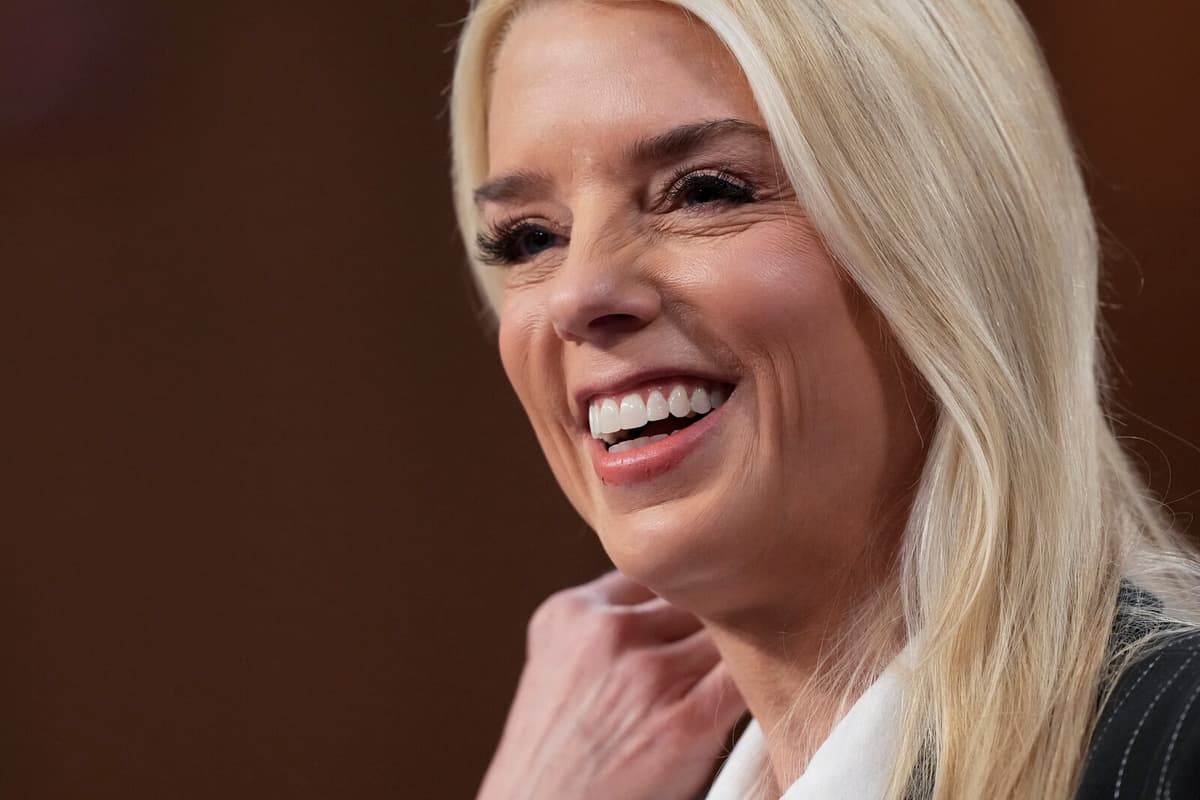The federal law – Foreign Corrupt Practices Act (FCPA) from 1977 – and the supervision that the US Department of Justice exercises globally based on this law – is currently the most effective tool for combating bribery and corruption around the world, according to Louise Brown, anti-corruption auditor at Advisense.
Trump has now paused the US application of the law in a presidential decree.
Law that can impose significant fines
The FCPA has, among other things, been used to hold companies accountable and impose multi-billion fines for bribery, including against Telia in Uzbekistan and Ericsson in Iraq.
It is this law that makes corrupt behavior in companies linked to the US punishable with significant fines, says Brown.
Historically, the US has occasionally been criticized for how the law is applied, including when it has appeared as a lucrative source of income for the US when fines are imposed on large companies from other countries.
But according to Brown, it seems that the Trump administration, with Justice Minister Pam Bondi, will now allow companies to apply local practices when it comes to bribery when doing business in corrupt countries.
It can happen very quickly, says Brown, and simultaneously warns of secondary effects such as increased environmental crime and decreased social responsibility among companies doing business abroad.
The EU and Sweden lack rules of the same powerful type as the FCPA, which, according to Brown, through its supervisory work creates a clear incentive for how multinational companies act.
"Perhaps a light in the darkness"
There are proposals to create the same type of regulatory framework and supervision regarding corruption in the EU as has already been established for money laundering.
But it is in its infancy and we have a large number of different stakeholders within the EU, several of which are opposed, says Brown.
A copy of the FCPA in the UK – the UK Bribery Act – is in place but has so far not been used nearly as much as the FCPA.
In parallel, an investigation is underway to tighten legislation against bribery in Sweden, which is to be presented in July.
It is perhaps a light in the darkness, says Brown.
But she notes that Sweden continues to fall in Transparency International's annual list of corruption levels in different countries.






